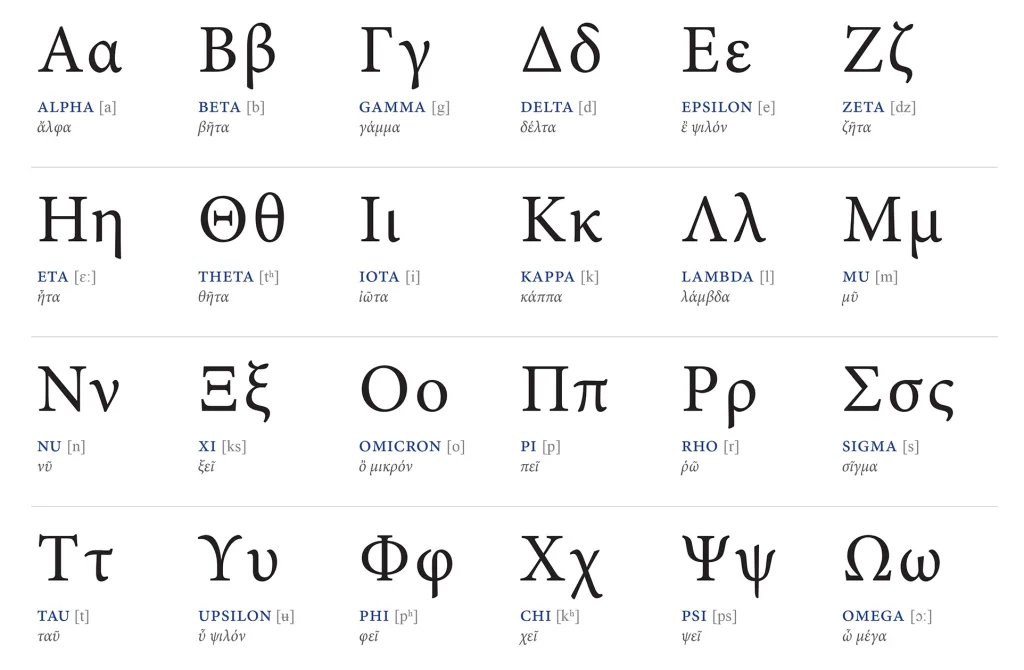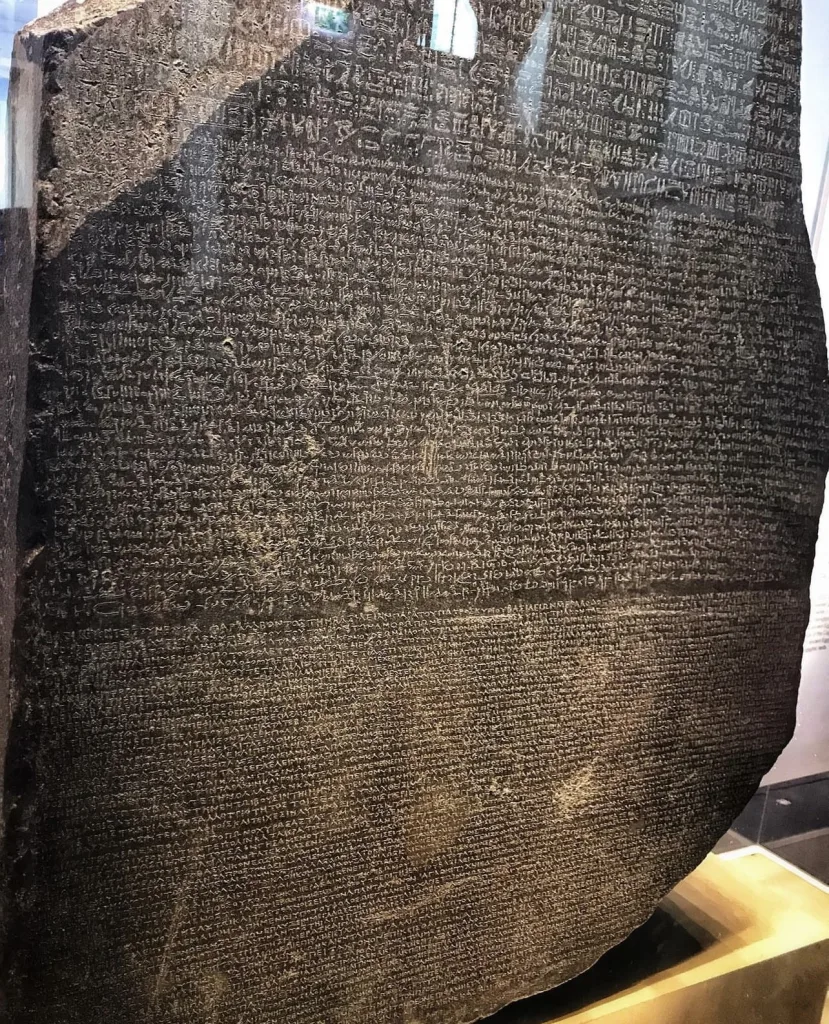In the grand tapestry of world languages and scripts, one stands out as a symbol of enduring beauty and historical significance - the Greek alphabet. With its roots tracing back over two millennia, this script has left an indelible mark on the world, from the cradle of democracy to the frontiers of modern science and mathematics. A journey through the captivating realm of the Greek alphabet provides an unequivocal testament to the enduring power of human expression.
A Brief Historical Odyssey
The Greek alphabet, known as "Ελληνικό αλφάβητο" (Ellinikó alfávito) in Greek, has a remarkable tale to tell. It evolved from the Phoenician script around the 8th century BCE, spurred by the Greek city-states' quest for a more efficient means of preserving their language and culture. This transformation, which introduced vowels to the previously consonantal Phoenician script, birthed a new alphabet that would serve as the cornerstone of Western writing systems.
From Alpha to Omega: A Deeper Dive
The Greek alphabet comprises 24 letters, each imbued with unique sounds and symbolism. From Alpha (Α) to Omega (Ω), these letters have transcended their original linguistic purpose to become powerful symbols in the realms of science, philosophy, and art.
- Alpha (Α): Starting with the first letter, Alpha aptly symbolises beginnings, often employed in mathematics to denote angles.
- Beta (Β): Derived from the Greek word for "house," Beta lays the foundation for representing variables in mathematical equations.
- Gamma (Γ): With its characteristic "y" shape, Gamma signifies the "g" sound and plays an essential role in geometry.
- Delta (Δ): Shaped like a triangle, Delta symbolises change, a concept widely applied in science and engineering.

The Greek Alphabet's Influence on Science
The enduring influence of the Greek alphabet extends into the realm of science and mathematics. Greek letters serve as indispensable symbols for constants, variables, and essential concepts in various disciplines:
- Pi (π): Perhaps the most renowned Greek letter, Pi represents the ratio of a circle's circumference to its diameter, an indispensable constant in mathematics.
- Sigma (Σ): In mathematics, Sigma signifies summation and stands as an elegant symbol of mathematical precision.
- Mu (μ): Often deployed to represent the coefficient of friction in the fields of physics and engineering.
- Theta (Θ): Recognised for its pivotal role in trigonometry, symbolising angles and trigonometric functions.
Unlocking Philosophy and Literature
The Greek alphabet serves as an indispensable key to understanding the timeless works of philosophical giants such as Plato, Aristotle, and Homer. These literary classics, originally composed in Greek, shape the foundation of Western thought and continue to inspire generations.
These texts were originally penned in Greek, making a familiarity with the Greek alphabet essential for accessing the original writings. Understanding this alphabet is vital for appreciating the nuances of the Greek language, the cultural and historical context in which these texts were created, and the philosophical terminology coined by these thinkers. Moreover, it aids in deciphering the intricacies of translation, as direct equivalents for some Greek concepts may not exist in other languages. By reading these works in their original Greek form, readers can gain a more precise understanding of the authors' intended meanings and engage more deeply with the philosophical and literary traditions that have profoundly influenced Western thought.

The Greek Alphabet in Archaeological Treasures
Countless ancient discoveries and artefacts featuring or linked to the Greek alphabet provide invaluable insights into the history, culture, and intellectual achievements of ancient Greece. A few prominent examples:
The Rosetta Stone: This famous artieact, discovered in Egypt in 1799, features inscriptions in three scripts: Greek, Egyptian hieroglyphics, and demotic script. The Greek inscription played a pivotal role in deciphering the mysteries of ancient Egyptian civilisation.
The Antikythera Mechanism: Recovered from a shipwreck off the coast of Antikythera, Greece, this 2nd-century BCE mechanical marvel boasts inscriptions in Greek. Often hailed as the world's oldest analog computer, it was designed for complex astronomical calculations, a testament to ancient Greece's advanced scientific knowledge.
The Athens Parthenon Inscriptions: Adorning the Parthenon in Athens, these inscriptions in the Greek alphabet commemorate the construction of this iconic temple dedicated to Athena. They provide invaluable historical insights into the temple's purpose and construction.
The Library of Alexandria: Though not a tangible discovery, the Library of Alexandria in ancient Egypt housed countless scrolls and manuscripts written in the Greek alphabet. This legendary institution was a beacon of learning and scholarship in the ancient world, substantially contributing to the preservation and dissemination of knowledge.
Delphic Oracle Inscriptions: The Oracle of Delphi in ancient Greece played a vital role in advising leaders and citizens. Inscriptions containing the oracle's pronouncements, often written in the Greek alphabet, offer insights into the spiritual and political dimensions of ancient Greek society.



A Living Legacy
Today, the Greek alphabet transcends its origins and finds application worldwide. In North America, for example, Greek letters are embraced by fraternities and sororities, adding a touch of mystique and tradition to their names.
Furthermore, the Greek alphabet embodies the resilience of a culture that has weathered centuries of change. It stands as a poignant reminder that, even in our fast-paced, digital age, the beauty and significance of a script developed millennia ago continue to captivate hearts and minds.
More Than Just a Symbol
The Greek alphabet is more than a mere script; it is a repository of history, culture, and wisdom. Its enduring legacy spans continents, disciplines, and centuries, symbolising the timeless beauty of human expression. As we delve deeper into its mysteries, we realise that this alphabet is not merely an artefact of the past but a vibrant, living testament to the enduring power of language and knowledge.
So, the next time you encounter a Greek letter, remember that you are not merely looking at a symbol; you are gazing upon a fragment of human history that continues to shape our world in profound ways.
Read also Canaves Oia Luxury Resorts Earns Hotelier of the Year Award


